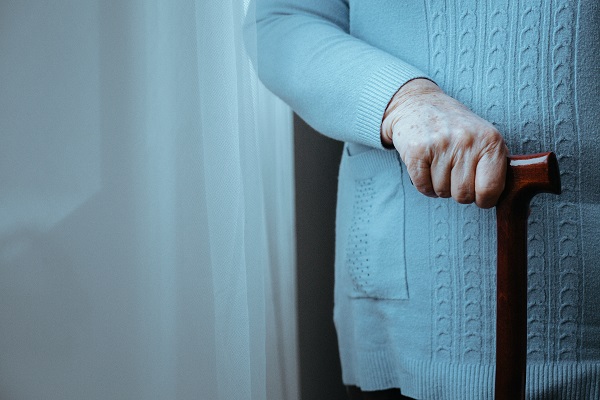
A broken arm, leg, or rib could be a sign of abuse or neglect
One of the most alarming issues in nursing homes today is the prevalence of bone fractures among residents. Despite only 5 percent of adults over 65 residing in nursing homes, these residents account for 20 percent of all fall-related deaths within the age group. This equates to roughly 1,800 fall-related deaths involving nursing home residents annually, according to the Centers for Disease Control and Prevention (CDC).
The most common bone fractures among nursing home residents are to the hip, arms, wrists, legs, or even the skull. These fractures often occur alongside concussions and traumatic brain injuries (TBIs). The combination of these injuries can result in a severe decline in a resident’s overall health and quality of life.
While accidents can happen, the high prevalence of bone fractures in nursing homes should raise concerns about the nursing facility’s quality of care. In many cases, fractures are not just a result of aging or frailty but may be signs of nursing home abuse and neglect.
Understanding when a bone fracture is a sign of abuse
In Illinois, the state receives thousands of nursing home abuse and neglect complaints annually. In 2022, more than 7,600 complaints were filed against long-term care facilities. Regions with the most complaints were Bellwood, West Chicago, and Rockford, according to state data. The most common type of complaint was physical abuse, followed by mental abuse, physical assault (resident-to-resident), sexual abuse, and verbal abuse.
Here are some important factors to consider when determining whether a bone fracture may be a sign of nursing home abuse or neglect:
- Frequent or recurring fractures. If a nursing home resident experiences multiple fractures within a short period, it could be a red flag. Accidents happen, but repeated fractures may indicate a systemic issue within the facility.
- Lack of supervision. Nursing homes have a responsibility to ensure the safety of their residents. If a resident is left unsupervised, especially those with mobility limitations, the risk of falls and fractures increases significantly.
- Delayed medical attention. Timely medical care is crucial after a fall or fracture. Delays in seeking medical attention or a lack of immediate response to a resident’s distress call can indicate neglect.
- Inconsistent explanations. If the nursing home staff offers inconsistent or unclear explanations about how a fracture occurred, it may be a sign that they are trying to hide the truth.
- Bruising or other signs of physical abuse. Pay attention to any unexplained bruises, injuries, or signs of physical abuse in your loved one. These can be important indicators of maltreatment.
What to do if you suspect abuse or neglect in a nursing home
If you suspect your loved one’s bone fracture was not an accident but a result of nursing home abuse or neglect, you should contact an experienced attorney right away. The Chicago nursing home abuse lawyers at Ferrell Young, LLC have dedicated their legal careers to helping victims and their families seek justice and accountability. We know what’s at stake, and we will be there for you every step of the way.
Legal action serves several important purposes:
- Accountability. Holding the responsible parties accountable for their actions or negligence ensures they do not harm other vulnerable residents.
- Compensation. Victims of abuse or neglect deserve compensation for their pain and suffering, medical bills, and other related expenses.
- Prevention. Legal actions can bring attention to issues within the facility, prompting necessary changes and improvements to prevent future incidents.
Contact Ferrell Young, LLC for a free case evaluation
Unfortunately, bone fractures in nursing homes are common, but they should not be dismissed as mere accidents. The high incidence of fractures, especially in vulnerable residents, should serve as a warning sign. If you suspect abuse or neglect in a Chicago nursing home, it’s important to know your potential legal options. Contact us today for a free and confidential case evaluation.
